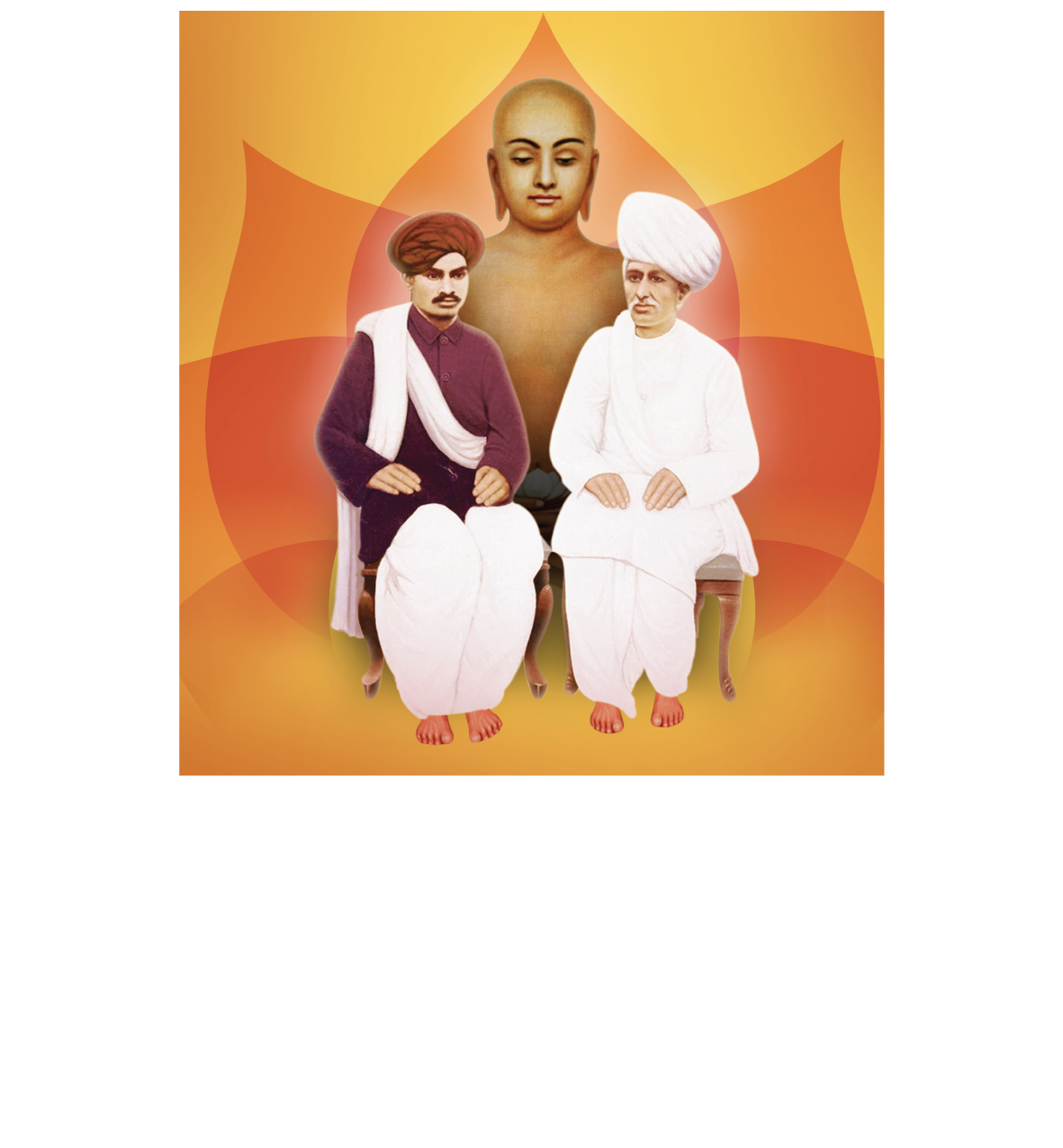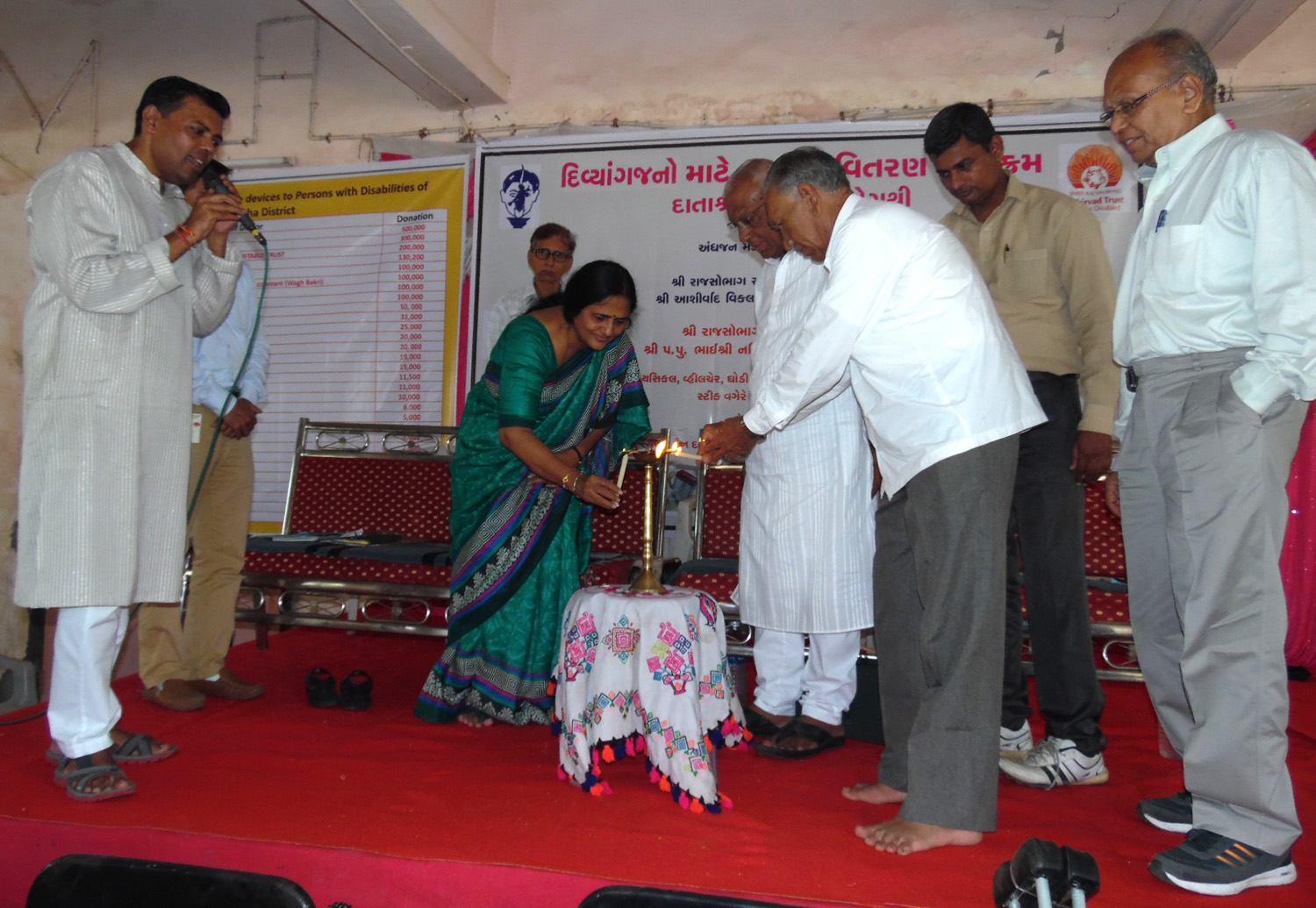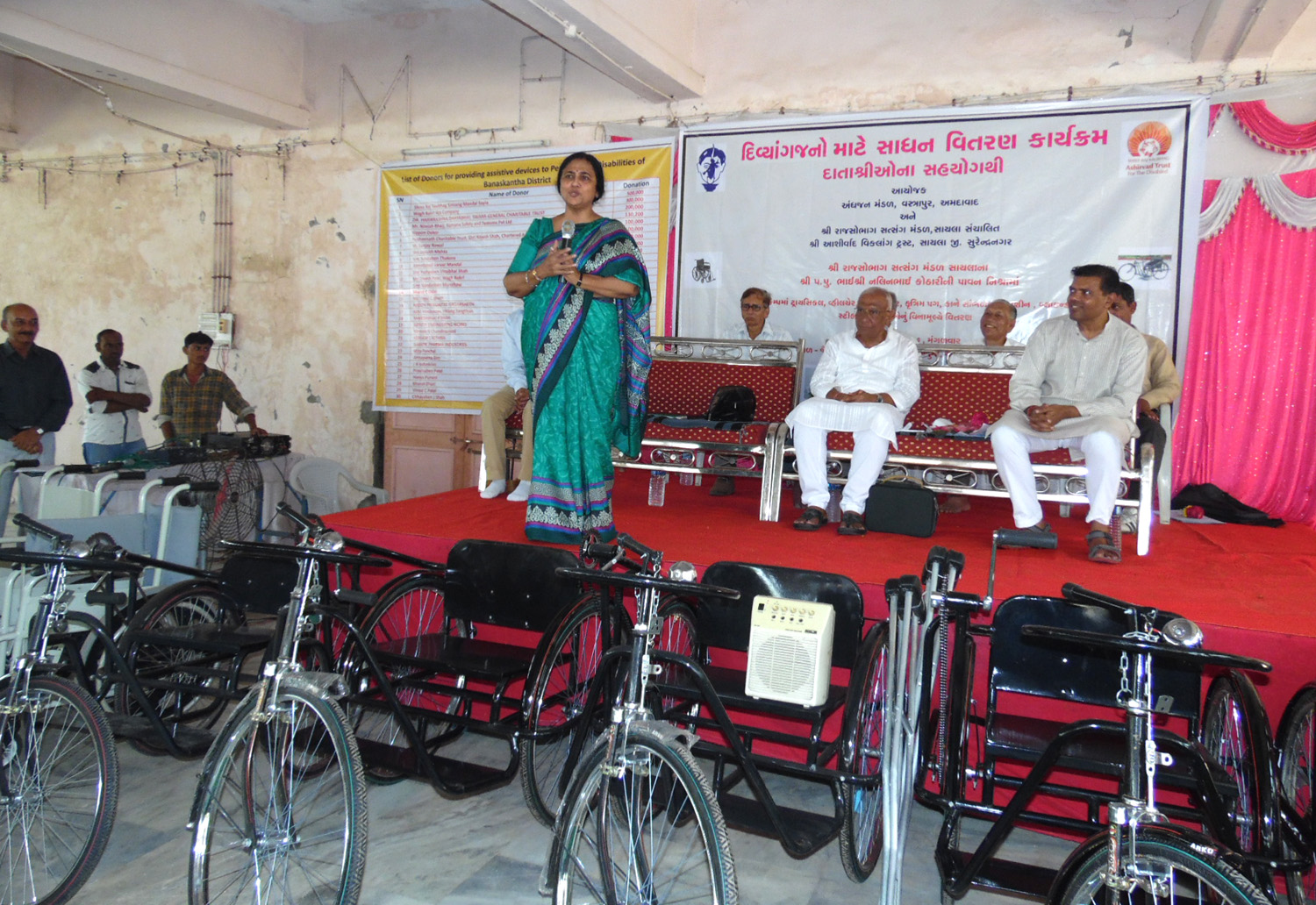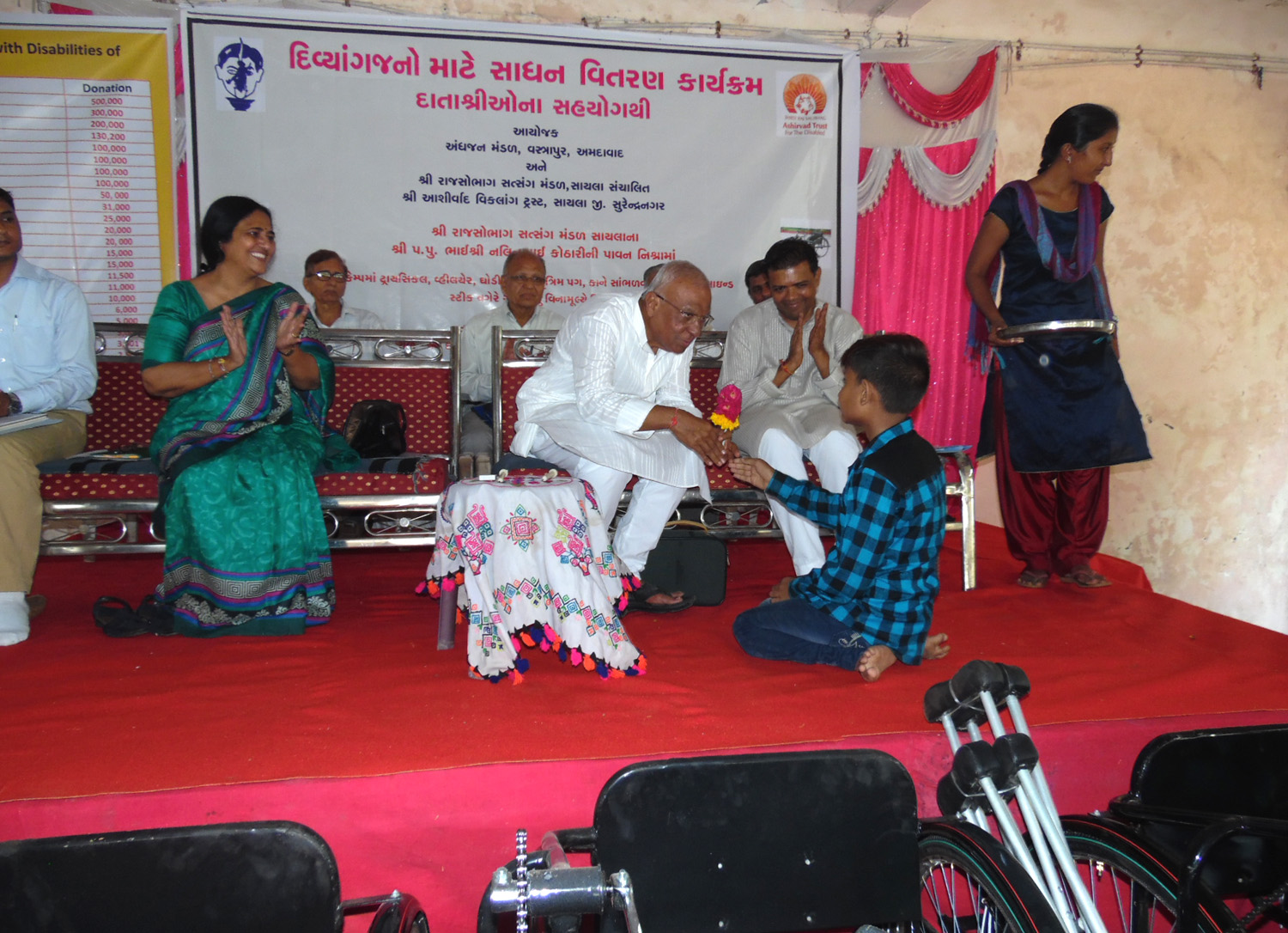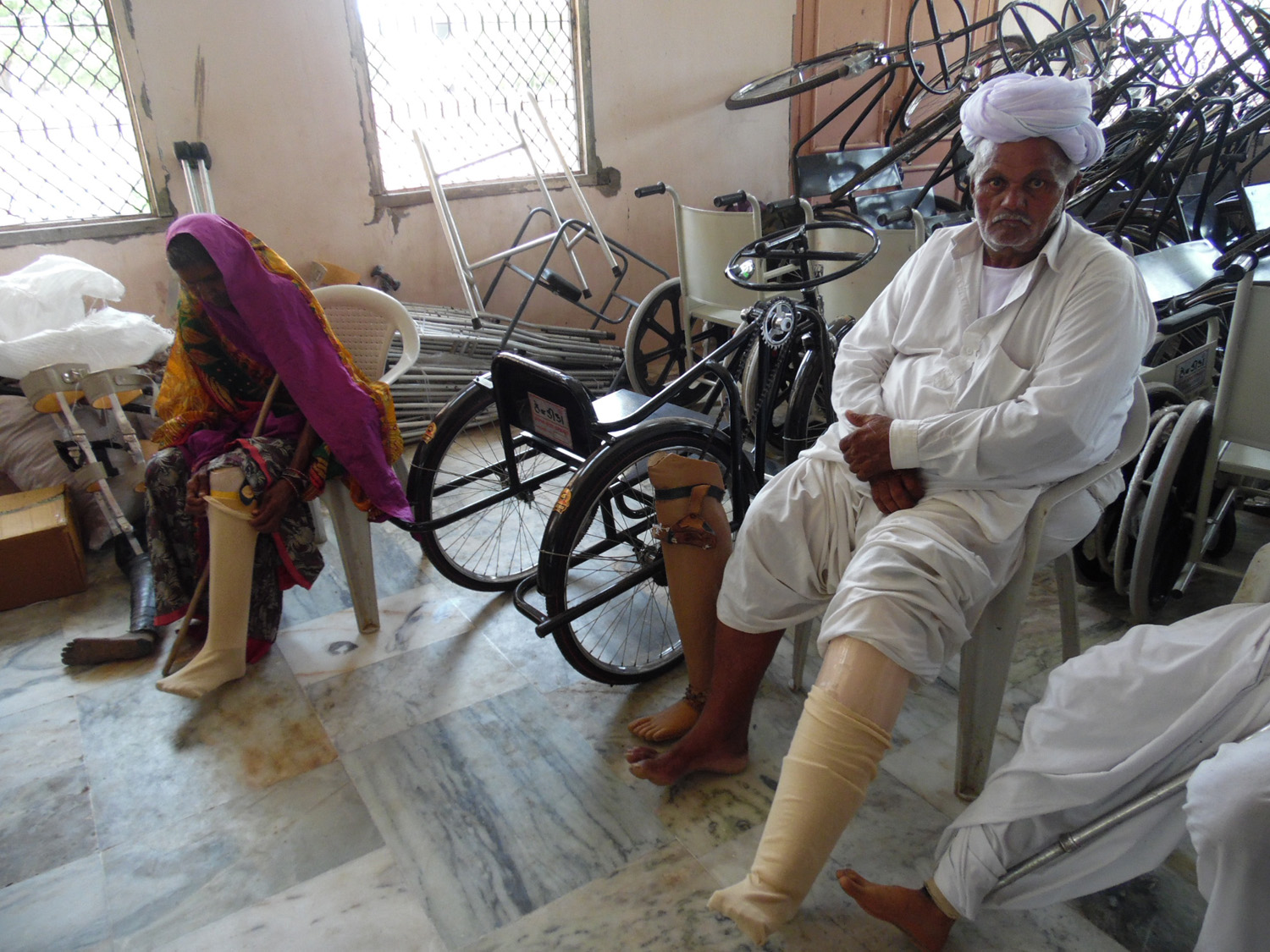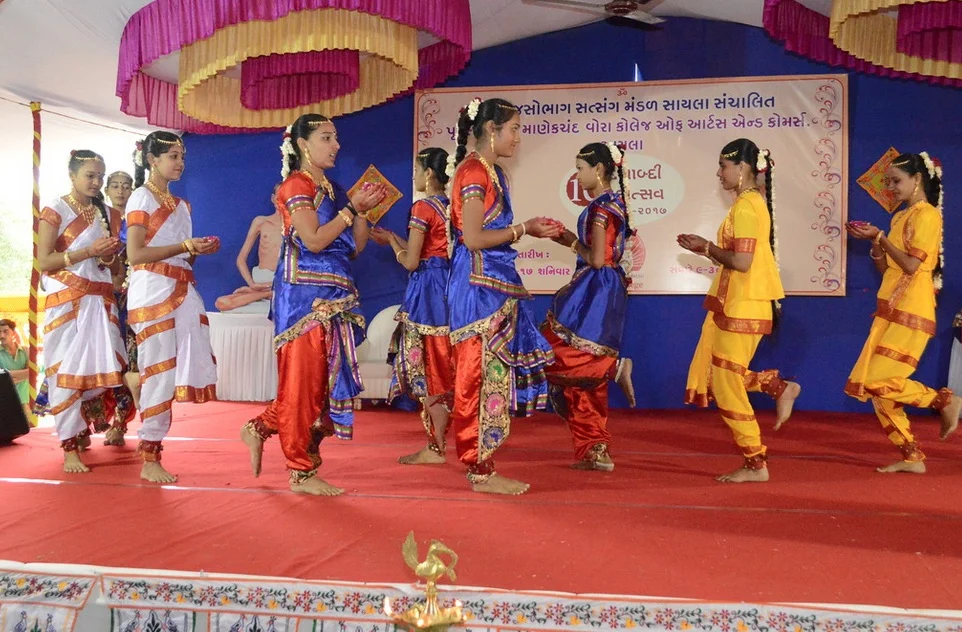IVY Swadhyay - June 2017
“Knowledge is our destination and love is our path to it.”
To celebrate Father’s Day in June, Minalben asked the young mumukshus to remember to their father and the spiritual father.
As we are walking on the path of spirituality Bhagwan Mahavir is also our father, as he is the one who showed the moksh marg. Param Krupalu Dev translated the holy scriptures into Gujarati and made the Lord’s teachings understandable, thus even he is our father. Then Param Pujya Bhaishree, our sadguru, further simplified the teachings and guided us on the path making him our father too. So as we celebrate Fathers day, we thank not just our biological fathers but also Lord Mahavir, Param Krupalu Dev and Pujya Bhaishree.
Who is a Father?
When God was making fathers he added the following ingredients - the strength of a mountain, the majesty of the trees, the warmth of the summer sun, the calm of a quiet sea, the generosity of nature, the comfort of the night, the wisdom of the ages, the power of the eagle’s flight, the joy of a lovely spring morning and the patience of eternity. After all this, when there was nothing left to add God knew his masterpiece was complete.
Narrating a short story, Minalben said there was once a young boy who was keen to own a car. His father said that if his son got 93% in his exams, he would gift the young man a car. Motivated by this the boy poured his heart and soul into studying, waking up early in the mornings and staying awake late in the nights. However, on the day of his results, when the boy did not arrivehome; his concerned father looking for him, saw him sitting forlorn in the garden. He was sad that he was able to get 90% in his exams, short of the target. Hearing this his father immediately drew out of his pocket, the keys of a brand new car – his son’s gift.
He said, “Your teacher gave you 90% but I will give you the additional 3% for your hard work and diligence.” This is how fathers are, they may be tough from the outside but they are soft and warm on the inside.
Mother’s are said to be the bank where you deposit all your sorrows and worries; but the father is the credit card that keeps giving without any balance. Our fathers struggle and work hard throughout their lives so that we, his children, can get what they haven't got in their lives.
Minalben went on to narrate 2 stories.
The king of Bhuj, Bhimdev, had a secretary called Vimal who was a good archer. Vimal lived happily with his wife but they had no children. One day the couple was strolling in the garden when his wife said, “Please pray to Goddess Ambika to give us a child.”
The temple of Ambika was on Mount Abu. Vimal worshipped the Goddess. Pleased with his sincerity, the Goddess offered Vimal two options: either he could have a son or he could build a temple on the mountain. He said he would decide after discussing his wife.
Goddess Ambika accompanied Vimal as he climbed down the mountain on his way home. Midway he felt thirsty, and on seeing a lake they stopped for a drink. Here they met a young boy who asked for money before they could have any water. They asked him why was he collecting money? The boy replied that his father had spent all his wealth building the pond and now they had nothing left. So whoever comes to drink water at this lake must pay him first. Hearing this, Vimal decided to build a temple so that his child would not end up like the boy they met. Thus, the Dilwara temples in Abu were made by a boon granted by Goddess Ambika.
The other story was of Seth Moti Shah who would travel by a horse-cart, driven by four horses. Once while going to Fort from Pydhoonie (in Mumbai), he happened to see a butcher going towards the slaughter house with a cow.
Moti Shah sent his assistant to have the cow released but the butcher refused. In the ensuing fight, the butcher was injured and died of his injuries. The case was taken to court and Moti Shah’s attendant was given the death penalty. Moti Shah told the judge that it was actually his fault, and the death penalty was given to Moti Shah and he was taken to mumbadevi for a public execution.
On being asked for his last wish, Moti Shah requested to go to Byculla derasar (temple) for pooja. When he was got back after doing pooja; the platform from where his public execution would have taken place broke in three places. This matter was then taken to Queen Victoria, who ordered the judge to release him thinking that he could not have been an ordinary person. The Queen offered him one more wish. Moti Shah took this opportunity and said that since he was a Jain and believed in non-violence, he wished that whenever he was passing that road, anyone being given the death penalty be released. As per his request, once Moti Shah saved the life of a 24-year old boy and many times such a sentence was cancelled and as a result the place of strangulation had to be changed by the English.
In the course of his discourse, Brahmnisht Vikrambhai sang the below poem and explained its meaning.
વસુધૈવ કુટુંભકામ, વસુધૈવ કુટુંભકામ
એક હી સાથ જીયેંગે હમ,
વસુધૈવ કુટુંભકામ, વસુધૈવ કુટુંભકામ
પ્યારા પ્યાર કા માર્ગ હમારા, જ્ઞાન હમારા લક્ષ્ય હૈ,
ચાલો એક સાથ ચલેંગે હમ,
વસુધૈવ કુટુંભકામ, વસુધૈવ કુટુંભકામ
ઇસ દુનિયા મેં પાર જતાયેંગે, ખુશીયો કે ઉત્સવ મનાયેંગે
એક હી ઈશ્વર, એક હી જ્ઞાન,
વસુધૈવ કુટુંભકામ, વસુધૈવ કુટુંભકામ
ઇસ પલ મેં હમેં જીના હૈ, હસ્ના ઔર મુસ્કુરાના હૈ,
સબકો ગાલે લાગના હૈ,
વસુધૈવ કુટુંભકામ, વસુધૈવ કુટુંભકામ.
Vasudhaiva refers to this entire universe. Vasudhaiva kutumbhakam means that every living being, whether humans, animals, birds, insects - everyone is part of my family. Our destination should be knowledge and love is the path to it. We must all embark on this journey together with Pujya Bhaishree with immense joy in our hearts. When we are with our family or friends, we must always spread happiness. There is one Earth and similarly there is one Truth and only one God. It is the human mind that has created divides. Every religion professes love. We must live in this moment of now.
Concluding, he shared three basic principles that have exemplary spiritual values. If we imbibe them into our daily lives, it will change us drastically. They are:
• I have come into the world empty handed and that is how I will leave
• Glad acceptance of everything: whatever happens, happens for the best
• When there is no way out, enhance your tolerance
